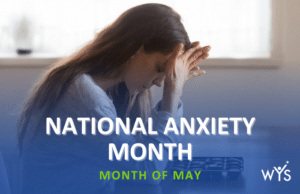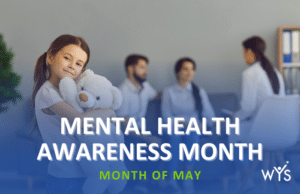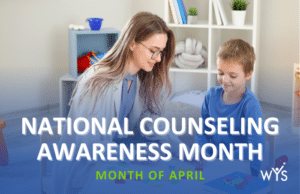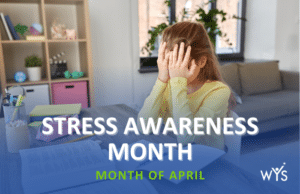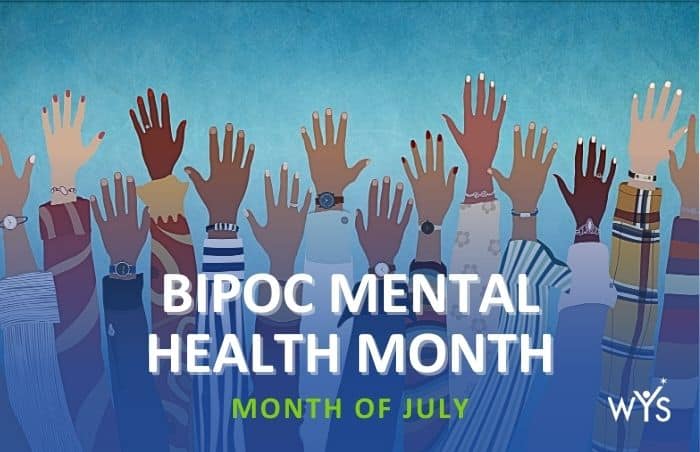
July marks BIPOC Mental Health Awareness Month, a crucial time dedicated to raising awareness about the mental health challenges faced by Black, Indigenous, and People of Color (BIPOC) communities. This month serves as an important reminder of the disparities in mental health care and the need to create more inclusive and accessible services for BIPOC individuals, especially the youth.
Understanding the Mental Health Challenges
BIPOC communities face unique mental health challenges that are often compounded by systemic issues such as racism, discrimination, and socioeconomic disparities. According to the American Psychological Association, BIPOC individuals are more likely to experience serious psychological distress than their white counterparts. Despite this, they are less likely to receive mental health services. For example, only 31% of Black adults with mental illness receive treatment each year, compared to 48% of white adults.
Youth within these communities are particularly vulnerable. The Centers for Disease Control and Prevention (CDC) reports that suicide rates among Black youth have risen significantly over the past decade, with Black children aged 5-12 being twice as likely to die by suicide compared to their white peers. Additionally, Indigenous youth have the highest rates of suicide among all racial and ethnic groups in the United States.
Barriers to Mental Health Care
Several barriers prevent BIPOC individuals from accessing mental health care, including:
- Cultural Stigma: Mental health issues are often stigmatized in BIPOC communities, discouraging individuals from seeking help.
- Lack of Cultural Competence: Mental health professionals may not be adequately trained to understand and respect the cultural backgrounds of BIPOC clients.
- Economic Barriers: High costs of therapy and lack of insurance coverage can make mental health services inaccessible.
- Language Barriers: Non-English speakers may have difficulty finding providers who can communicate effectively with them.
The Importance of Mental Health Awareness
BIPOC Mental Health Awareness Month is essential for highlighting these issues and promoting the importance of mental health within these communities. Awareness campaigns can help reduce stigma, educate communities about the signs of mental health issues, and encourage individuals to seek help.
Making Mental Health Services More Accessible
At Western Youth Services, we are committed to bridging the gap in mental health care for BIPOC youth. Here’s how we aim to make a difference:
- Culturally Competent Care: We provide training for our staff to ensure they can offer culturally sensitive care that respects and understands the diverse backgrounds of our clients.
- Community Outreach: We engage with BIPOC communities through outreach programs to educate them about mental health and available resources.
- Affordable Services: We offer sliding scale fees and work with insurance providers to make our services financially accessible.
- Language Support: Our services include multilingual support to cater to non-English speaking clients.
- Diversity, Equity, & Inclusion (DEI): We have a dedicated team to ensure that we are integrating diversity, equity, and inclusion into all of practices in order to meet the needs of our diverse staff and clientele.
Data-Driven Approach
Our initiatives are backed by data to ensure effectiveness. For instance, we analyze local mental health statistics to identify the most pressing needs within BIPOC communities and tailor our programs accordingly. According to the National Institute of Mental Health, over 70% of youth in juvenile justice systems have a diagnosable mental health condition. Addressing these needs early through targeted interventions can significantly improve long-term outcomes.
BIPOC Mental Health Month is a call to action for all of us to recognize and address the mental health disparities faced by BIPOC individuals. By understanding the unique challenges and working towards making mental health services more accessible, we can foster a more inclusive and supportive environment for all. At Western Youth Services, we are dedicated to this mission and will continue to advocate for equitable mental health care for BIPOC youth. Together, let’s honor BIPOC Mental Health Awareness Month by committing to understanding and supporting the mental health needs of our diverse communities.
If your child or a young loved one is struggling with a mental health concern, we encourage you to reach out to a mental health professional or to contact an Access Coordinator at Western Youth Services by sending an email to gethelp@westernyouthservices.org or by calling us toll-free at 888-312-0406.
Orange County, State and National resources can be found on our site here: https://www.westernyouthservices.org/resources/.



